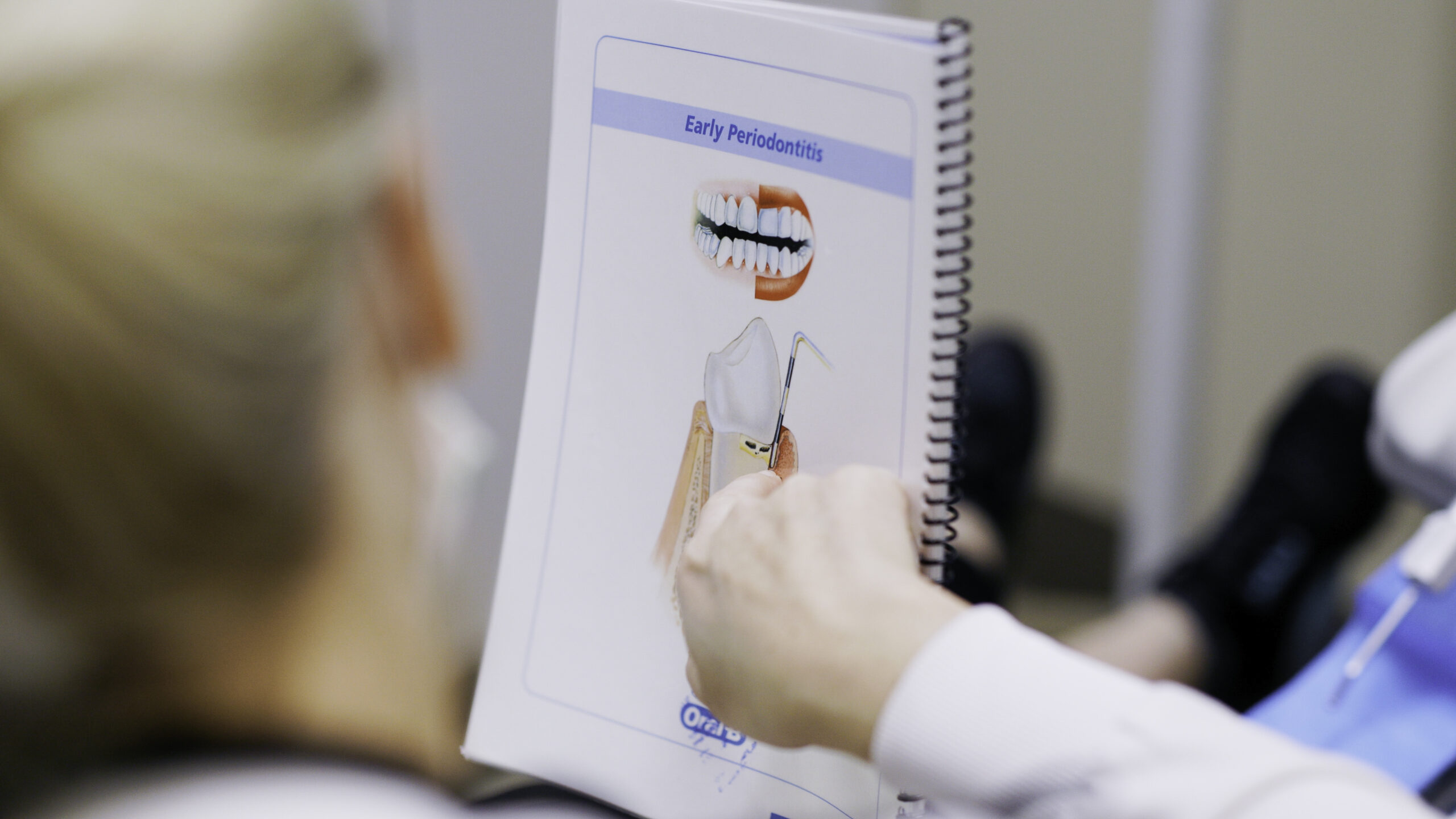What to Expect at Your Dental Implant Surgery Consultation

When it comes to replacing missing teeth, a lot of people are opting for dental implant surgery because the procedure allows them to replace missing teeth with artificial teeth that are similar to their natural teeth.
What to expect when going for a dental implant surgery consultation
When a person decides to replace missing teeth with dental implants, they will have to see a dentist for a consultation to determine if they are an ideal candidate for the procedure. Due to the fact that the implants require healthy gums and enough bone density to hold the implant in place, not everyone is considered an ideal candidate for dental implant surgery.
Oral examination
Before the patient can be deemed an ideal candidate for dental implant surgery, the dentist will conduct an oral examination of their mouth to examine the teeth, gums and overall health. The dentist will also go over the patient’s medical history and evaluate the patient’s bone density to ensure that it will be able to hold the implant in place. If the patient does not have enough bone density in the jaw, the dentist may suggest a bone graft before patients undergo the implant procedure.
X-ray examination
In addition to the oral examination, the dentist will perform an X-ray of the mouth to get a better idea of how dense the jawbone is to determine if there is enough bone structure to place the implant. The oral surgeon also determines exactly where the implant should be placed based on the patient’s X-ray.
Treatment plan
Once the examination of the patient is complete, the dentist will explain the different treatment options. If the dentist determines that the patient is healthy enough to undergo the procedure, they will formulate a treatment plan for the patient. The patient will also be advised to ask the dentist any questions about the procedure.
What does the dental implant surgery process entail?
The implant surgery is an outpatient surgery that is performed in stages, which means the patient will have to visit the dentist multiple times until the process has been completed. The dentist will first remove the damaged teeth and prepare the jawbone, using bone grafting when needed. Then the dentist will place the dental implant. After bone growth and healing, the patient will return to the dentist’s office and the dentist will place the abutment and then the artificial teeth.
The process usually takes months from start to finish. But, most of the time is devoted to healing and waiting for the growth of new bone in the jaw. Depending on the type of implants that are used and the patient’s situation, some of the steps can be combined.
After the procedure
After the dental implant surgery, the patient may experience some discomfort such as:
- Swelling of the gums or face
- Bruising of the skin and gums
- Pain at the site of the implant
- Minor bleeding
The dentist will prescribe medication for the pain and provide the patient with tips on how to take proper care of the implants.
Conclusion
Dental implant surgery is an effective way to replace missing teeth and provides the patient with the closest thing to having their natural teeth. If you have missing teeth and are considering dental implants, talk to your dentist to determine if you are an ideal candidate for the procedure.
Request an appointment here: https://www.stgeorgedentalcare.com or call St. George Dental Care at (435) 628-9099 for an appointment in our St George office.
Check out what others are saying about our services on Yelp: Read our Yelp reviews.
Recent Posts
Finding the right dental home for your household is a big decision that impacts everyone's oral health. You want a welcoming environment where both children and adults feel completely at ease. The entire team at St. George Dental Care understands these priorities and is here to help you navigate your options. If you are actively…
We know that life is busy. Between work, school runs, and family commitments, finding time for healthcare can be a challenge. One of the most common questions we hear at the front desk isn't just about cost or comfort; it's about the schedule. Patients want to know, "How long does dental treatment take?" Whether you…
For many people, the thought of sitting in a dental chair triggers a wave of unease. It is important to know that dental anxiety is incredibly common, and feeling this way doesn't mean you are irrational or weak. Many patients avoid appointments for years simply because the fear feels too overwhelming to manage.However, modern dentistry…
Waking up to a throbbing toothache can be alarming and exhausting. Pain that intensifies after sundown is a common complaint and often signals an underlying issue that requires professional attention. At St. George Dental Care, we understand how stressful this can be, and we're here to provide clarity and care when you need it most.…


